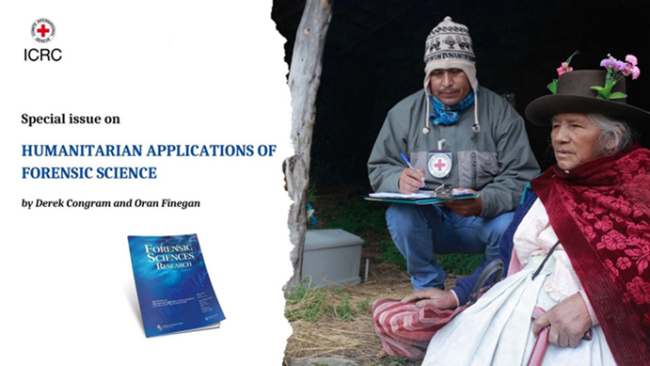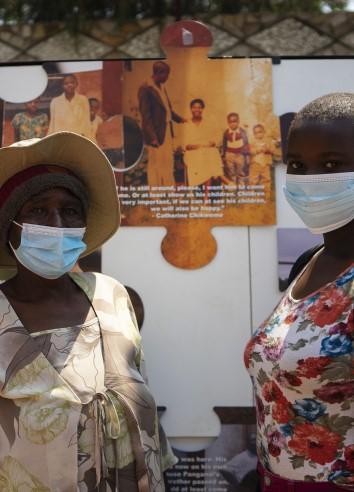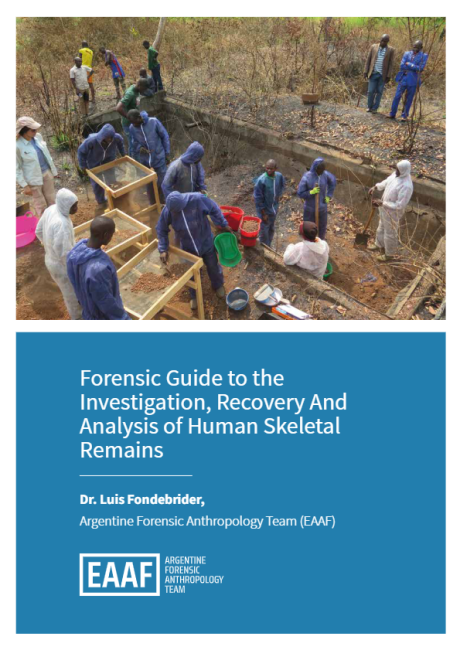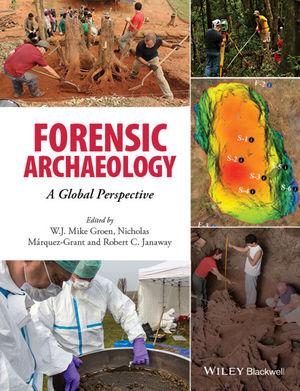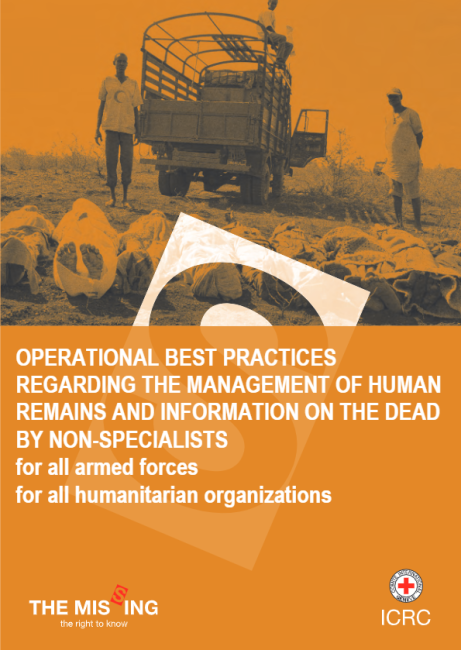
Special issue introduction: Actions for the missing: scientific and vernacular forms of war dead accounting
This special issue examines Asian experiences of war and mass death in the previ-ous century, with case studies from China, Japan, Korea and Vietnam (North andSouth, among its diaspora and across multiple generations). In this introductionwe highlight several of the wider analytical interventions offered by the articles:(1) the spatiopolitical dynamics of war dead accounting in which forms of vernac-ular forensic expertise interact with and inform internationally honed, empiricallygrounded practices of exhumation and identification; (2) the complex hierarchyof authority over remains that structures programmes of war dead accounting;(3) the variegated (as opposed to monolithic) nature of war dead themselves; and(4) the material ecosystems of remains, graves, cemeteries and the non-human forcesof decay acting upon them. Finally, the introduction highlights the issue’s com-parative potential: that is, what these different cultural, religious and ideologicalmodes of meaning-making reveal about why and how human remains matter inthe aftermath of war – and not just according to Western notions of national mem-ory politics in which the soldier stands in for the state and collective mourninganimates the national imaginary


